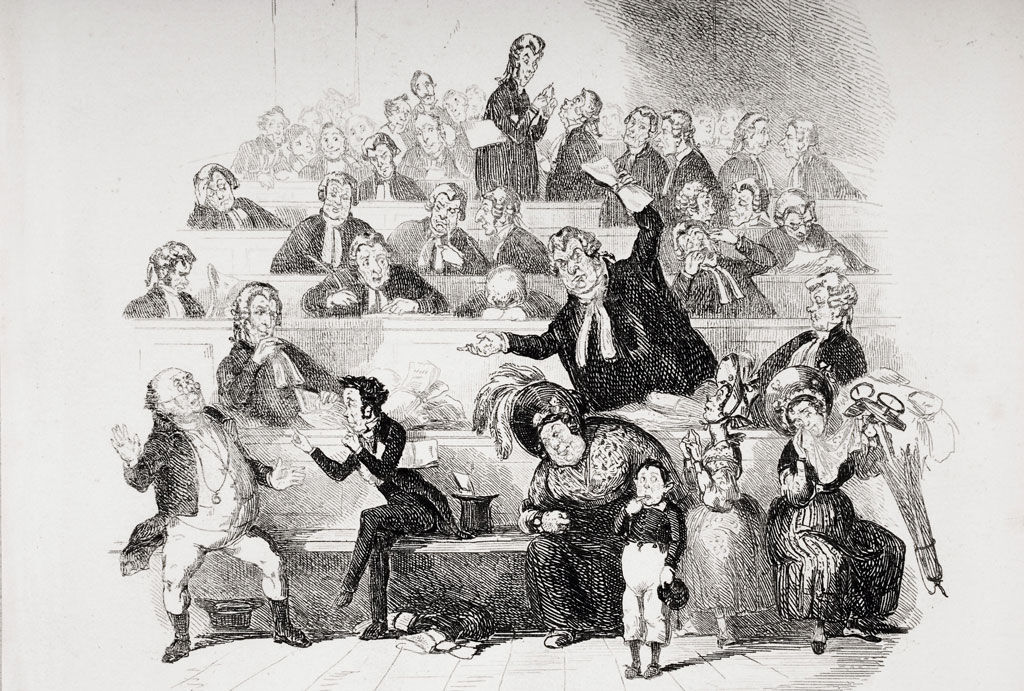
Do law books make a lawyer, asks Keith Davies
Unlike personal and commercial activities, the courts of law and legal activities are part of the public sphere, “the state” in other words. Lawyers and law students, practicing or studying as the case may be, however private their activities may seem at times, are public and not private as far as their practice and their studies are concerned; and consequently their responsibilities in these spheres too are public.
Taking to the law
Those who “take to the law”, like Father William in Alice in Wonderland, must take to the law books, either online or in print. If not, they do not become lawyers. But is this enough even though it is essential? Moots and mock trials and such-like role-model exercises are useful; but it is the law books that are essential and law essays and examinations are nothing without them. But does a law book make a lawyer?
The answer must be: no. Law books are essential in the same way that foundations make a house, ie not









